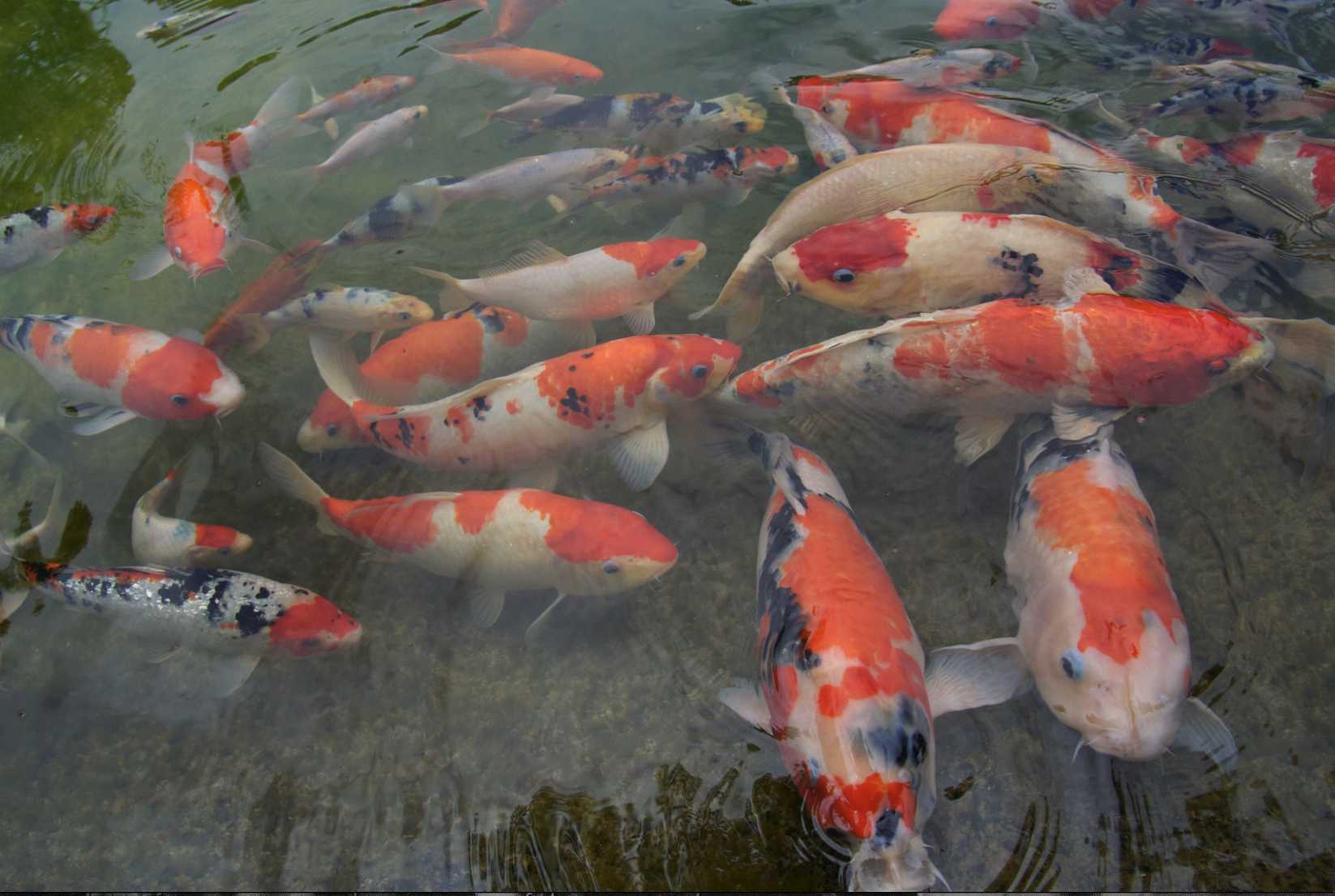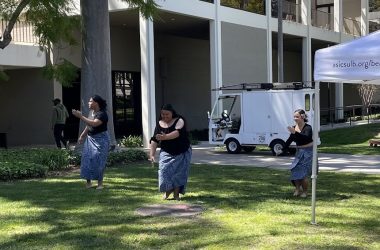About 300 koi fish have been replaced at Cal State Long Beach’s Earl Burns Miller Japanese Garden after a contagious virus killed off the garden’s entire koi population last year.
The replacement koi were shipped via FedEx from Sacramento in February of 2009 and are adapting well to their new surroundings.
Garden administrators are waiting for the pond’s water to reach warmer temperatures before testing again for traces of the virus.
KHV cannot be transmitted to humans, but it is extremely contagious among koi and other types of carp.
“If the tests are positive, we will have to assess the situation and decide if we’ll keep a closed pond,” Schelin said.
Scores of the replacement fish are reproducing at a rapid rate. Koi fish spawn when the water is warm, around 70 degrees, in March or April.
“The new koi are doing very well,” Schelin said.
Schelin said that it is important to work with a reputable dealer so you know you are not getting infected fish. “We really are working to be a place to direct and inform people,” says Schelin. “We want to be part of the solution.”
The source of the virus has not yet been determined, but Schelin says KHV could have been introduced to the koi from a donated fish or an infected water bird.
Garden director Jeanette Schelin said the koi cost more than $10,000 to replace. Juvenile and adult fish were both purchased, ranging from 6 to 14 inches in length.
When the fish began experiencing flu-like symptoms in October of 2008, garden directors treated them for a deadly gill parasite. When their symptoms didn’t improve, they sent the fish to the Aquarium of the Pacific and laboratories at UC Davis for intensive testing.
According to researchers, the Koi fish tested were experiencing symptoms of the Koi Herpesvirus (KHV) in addition to the fluke parasite. The pond was drained and sterilized and the entire population of fish was removed.
In order to prevent the virus from spreading, the garden is no longer accepting donated koi. If they do decide to accept donated fish in the future, Schelin said they will include intensive testing in addition to a 30-day quarantine before adding them to the pond.
About one-third of the Japanese Garden’s budget comes from the university. The rest is obtained through donations, wedding ceremonies at the garden and memberships fees. The replacement koi were purchased through the garden’s savings fund.
The budget cuts have affected the garden by greatly cutting staff hours. The garden now receives much less maintenance, which is a concern for the director. Also, touring the garden is no longer a requirement for University 100 curriculum.
Schelin said she hopes to attract more visitors to the garden and bolster the number of volunteers who are dedicated to caring for the koi.
“It’s all about having a balance in life,” Schelin said. “You can’t control everything, but you can help maintain a balance.”
Disclaimer: The Daily 49er is not responsible for Postings made on www.daily49er.wpengine.com. Persons commenting are solely responsible for Postings made on this website. Persons commenting agree to the Terms of Use of the website. If Postings do not abide by the Rules of Conduct or Posting Regulations as listed in the Postings Policy, the Daily 49er has all rights to delete Postings as it deems necessary. The Daily 49er strongly advises individuals to not abuse their First Amendment rights, and to avoid language suggestive of hate speech. This site also encourages users to make Postings relevant to the article or other Postings.




